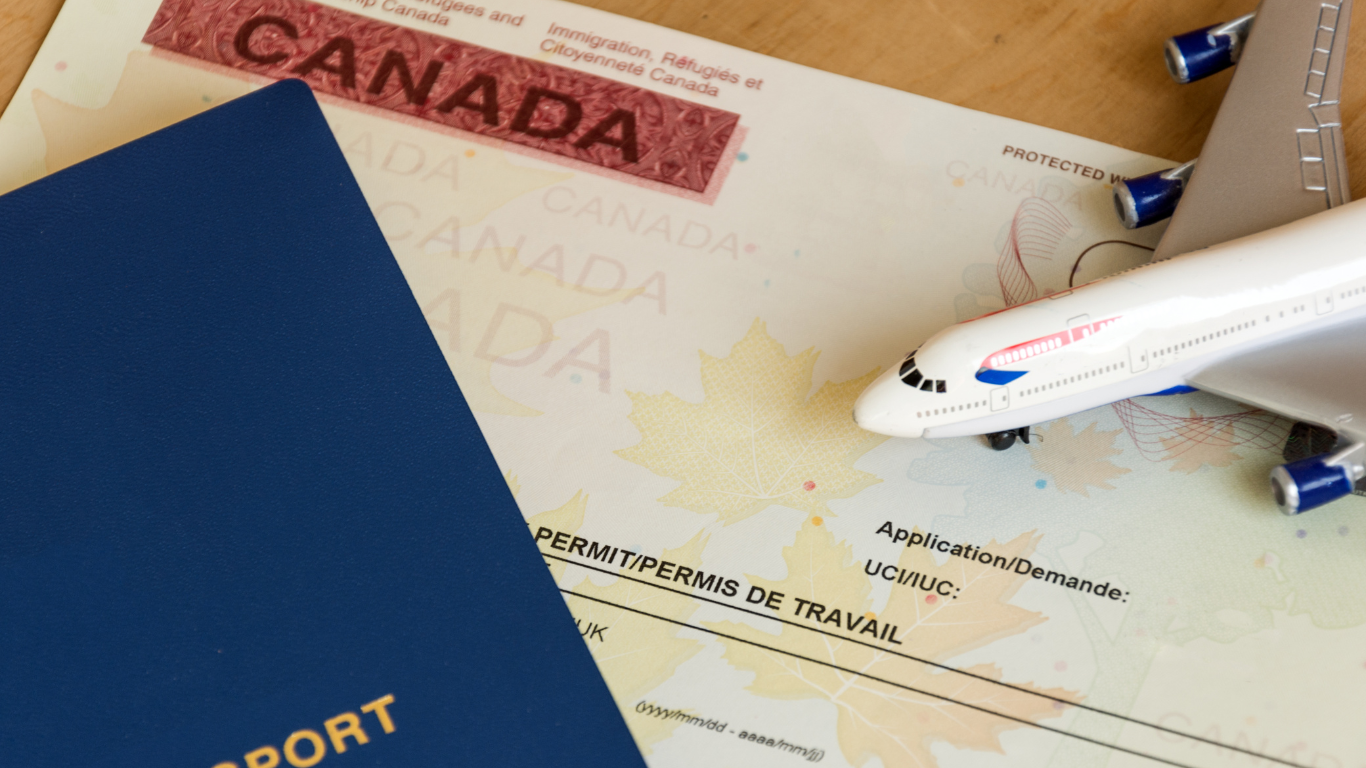The recent updates to the PGWP eligibility criteria, effective November 1, 2024, introduce vital changes. These changes primarily focus on new language and field of study requirements. Applicants must meet specific Canadian Language Benchmark (CLB) levels, depending on their degree type, and some graduates will need to complete their studies in eligible fields. The criteria differ depending on whether you submitted study permit applications before or after this date.
What Is a PGWP and Why Is It Important?
For those unfamiliar, the Post-Graduation Work Permit (PGWP) allows international students to stay and work in Canada for up to three years after completing their studies. The work permit duration generally depends on the length of your educational program. The work experience can also count toward permanent residency applications, making it a critical stepping stone for those wanting to build a life in Canada.
But here’s the catch—not all study programs or students qualify for a PGWP. With the latest changes, the eligibility rules have become even more specific.
Changes to Post-Graduation Work Permit (PGWP) Eligibility Criteria
What Hasn’t Changed
Specific conditions for PGWP eligibility remain unchanged:
- Graduates must still complete their studies at a PGWP-eligible Designated Learning Institution (DLI).
- Graduates from flight schools or those applying before November 1, 2024, follow current rules.
New Language Requirements
For PGWP applications on or after November 1, 2024:
- University graduates (bachelor’s, master’s, or doctoral degree) must demonstrate language proficiency at CLB 7 in English or NCLC 7 in French across all skills (reading, writing, listening, speaking).
- Graduates from college or other programs must meet a minimum language proficiency of CLB 5 or NCLC 5.
New Field of Study Requirements
While all fields of study remain eligible for university degree holders, graduates from other programs may need to study in fields linked to occupations with long-term shortages. These include agriculture, healthcare, STEM, trades, and transport.
Language Test Proof
Applicants must submit valid language test results (within two years) from recognized tests like IELTS, CELPIP, or TEF Canada.
These changes aim to streamline the PGWP process while ensuring applicants meet standardized language requirements and, in some cases, align with in-demand professions in Canada.
For more information, refer to the official announcement.
The Post-Graduation Work Permit (PGWP) program is vital for international students in Canada. It offers valuable work experience after graduation. However, with the recent changes in eligibility criteria, students must stay updated to ensure they take advantage of this opportunity.
International students in Canada must stay updated on changes to the Post-Graduation Work Permit (PGWP) eligibility, emphasizing language proficiency and field of study. This makes planning your study path essential.
If you are considering studying in Canada and want to navigate these new rules smoothly, We can help. From guiding you through the application process to ensuring you meet the eligibility criteria, We will support you every step of the way. Reach out today, and let’s make your study abroad dreams a reality!



